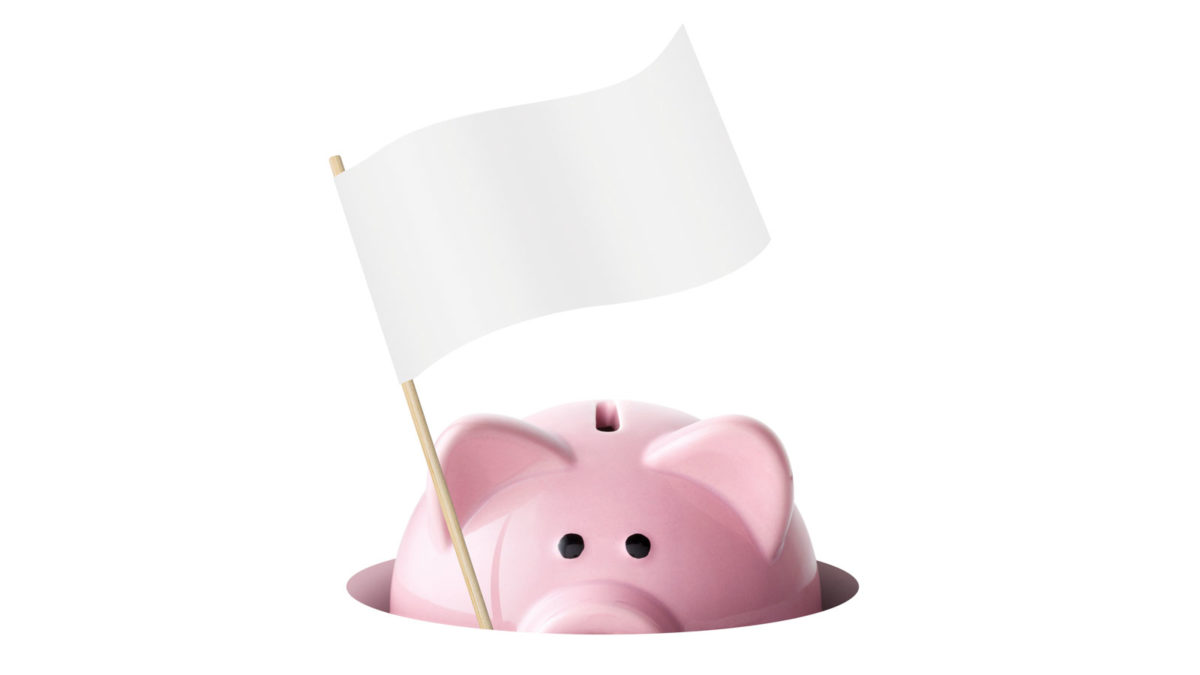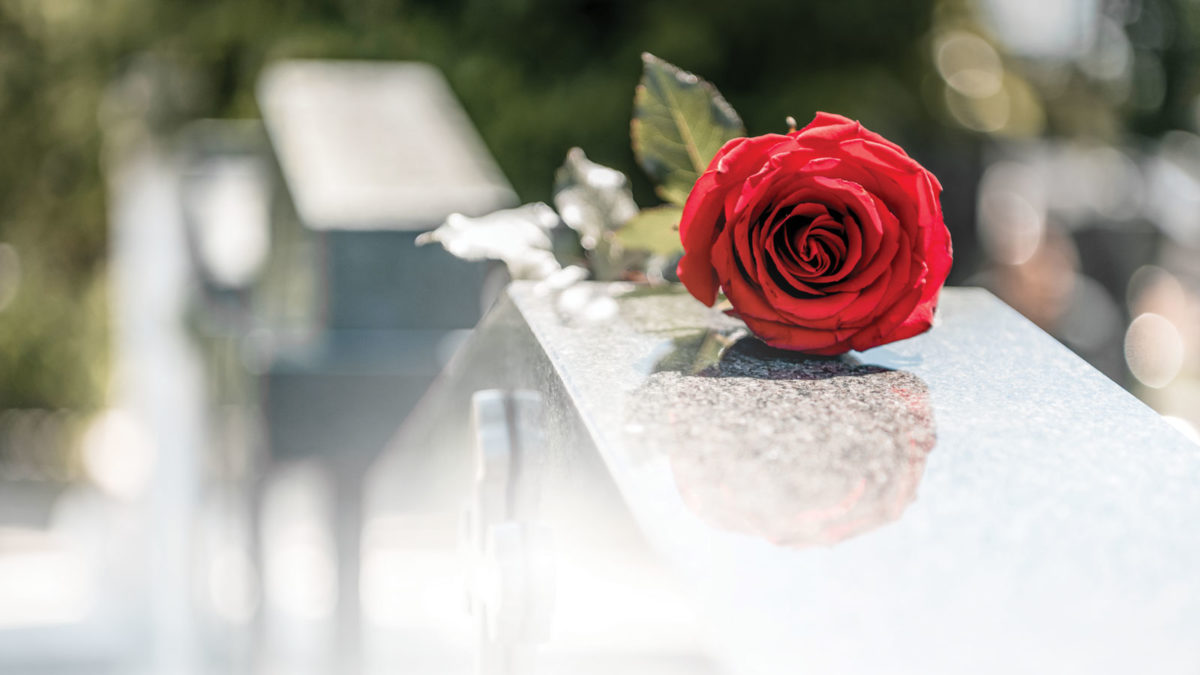
Bankruptcy Pro Bono Programs in Colorado
January/February 2023
Download This Article (.pdf)
Under the Colorado Rules of Professional Conduct, every lawyer has a professional responsibility to provide legal services to those unable to pay and should aspire to provide 50 hours of pro bono service per year.1 One way a lawyer can fulfill this responsibility is by providing much-needed pro bono assistance in bankruptcy matters.
People facing bankruptcy are often underserved due to the complexity of the bankruptcy process and the cost of retaining an experienced bankruptcy lawyer. In 2021, there were 8,512 chapter 7 bankruptcy cases and 2,463 chapter 13 cases filed in Colorado.2 In addition, there were 385 adversary proceedings.3 And from January 2022 through November 2022, nearly 10% of all bankruptcy cases in Colorado were filed pro se.4
Colorado lawyers who want to assist in this area should consider volunteering with one or more of the following programs: (1) the Faculty of Federal Advocates’ (FFA) Bankruptcy Pro Bono Program, which provides free legal representation in certain types of adversary proceedings; (2) the CBA’s Pro Se Bankruptcy Clinic, which provides free legal advice to individuals seeking to file chapter 7 or chapter 13 bankruptcy cases; and (3) the FFA’s Bankruptcy Mediator Panel, which offers free mediation services for various contested bankruptcy proceedings. These programs are discussed below.
Bankruptcy Pro Bono Program
The FFA’s Bankruptcy Pro Bono Program provides free legal services to qualified, indigent debtors who are defendants in adversary proceedings brought exclusively under 11 USC §§ 523 and 727 of the Bankruptcy Code.5 Under § 523, the court determines whether a particular debt is discharged. Under § 727, the court decides whether a particular debtor is entitled to a discharge of all debts.6 Because adversary proceedings are separate lawsuits filed in connection with bankruptcy proceedings, they are not typically included within the scope of representation to prepare and file a bankruptcy case. This leaves many debtors to handle these complex issues without an attorney.
To qualify for assistance under the Bankruptcy Pro Bono Program, debtors must meet certain income and asset levels based on the size of the family unit.7 Eligible debtors are then paired with an experienced attorney for representation. Less-experienced attorneys or law students who desire to learn civil litigation will be paired with a senior attorney to represent the debtor. This mentoring increases the quality of the legal services for the debtor and provides the attorneys with practical bankruptcy experience.
While attorney fees are covered by pro bono representation, the debtor must pay out-of-pocket costs, such as expenses associated with depositions, transcripts, or subpoenas. If necessary, the attorney volunteer may advance those costs or, in some cases, the FFA may be able to assist. The Bankruptcy Pro Bono Program also provides malpractice insurance for the volunteer attorneys and professionals while handling cases accepted through the program.
Pro Se Bankruptcy Clinic
The CBA’s Pro Se Bankruptcy Clinic assists pro se parties in chapter 7 and chapter 13 bankruptcy cases. It operates in cooperation with the US District Court for the District of Colorado (District Court) and the US Bankruptcy Court for the District of Colorado (Bankruptcy Court). It is funded, in part, from the biannual fees paid by attorneys who are licensed to practice in the District Court.8
The Pro Se Bankruptcy Clinic provides free limited-scope legal advice to any individual without an attorney.9 Volunteers can provide guidance about such matters as eligibility for bankruptcy protection; how to draft a voluntary petition; schedules, timelines, and deadlines; the Bankruptcy Court’s procedures, orders, rules, and forms; and how to prepare for the meeting of creditors. Volunteers do not prepare bankruptcy petitions, nor do they assist with adversary proceedings.
A success for the Pro Se Bankruptcy Clinic is when the debtor’s case has proceeded from filing through the meeting of creditors without any deficiencies. Most of the clinic’s chapter 7 debtors seek advice prior to filing, whereas chapter 13 debtors typically request assistance after filing their case when complications arise.
The Pro Se Bankruptcy Clinic has several attorney volunteers and paralegals who provide assistance. The clinic also uses interns who are paralegal students attending Arapahoe Community College. As with other pro bono programs, the clinic is always in need of additional attorney volunteers.
Bankruptcy Mediator Panel
The FFA’s Bankruptcy Mediator Panel provides pro bono mediation services. Mediators on the panel are licensed lawyers with significant bankruptcy experience who have completed a 40-hour mediation training course. The panel’s chair matches a panel mediator to a particular case.10 Attorneys seeking admission to the panel must demonstrate that they have devoted at least 30% of their annual practice to the practice, arbitration, or mediation of bankruptcy law during the prior three years before their application to the panel. Mediators on the panel are expected to mediate cases on a pro bono basis from time to time. Attorneys may apply for admission on the FFA’s Bankruptcy Mediator Panel website.11
Parties may qualify for pro bono mediation if they meet the same income qualifications as the Bankruptcy Pro Bono Program.12 The debtors must also have less than $30,000 of exempt, liquid assets, determined by the assets listed on a Debtor’s Bankruptcy Schedule B–Personal Property.13
An eligible debtor may obtain free mediation services for adversary proceedings with discharge claims under 11 USC §§ 523 and 727, as well as avoidance claims under 11 USC § 547. Often, a debtor just needs to hear the perspective of a neutral person (the mediator).
The Bankruptcy Court may also refer a matter to mediation, either on its own, upon a written stipulation, or upon a motion filed by a party or the US Trustee.14 Unless ordered by the Bankruptcy Court, participation in mediation is voluntary. Many bankruptcy litigants seek assistance from the Bankruptcy Mediator Panel without a court order.
Conclusion
Bankruptcy is a complex process that can have serious and long-lasting effects on debtors. Colorado’s bankruptcy pro bono programs provide critical assistance for indigent and underserved persons in Colorado.
Bankruptcy Pro Bono Clinics
| Clinic | Services | Information |
| FFA Bankruptcy Pro Bono Program | provides pro bono legal services to qualified, indigent debtors in adversary proceedings brought under 11 USC §§ 523 and 727 | Jennifer Eastin, paralegal to Chad S. Caby, (303) 628-9626, jeastin@lewisroca.com; www.facultyfederaladvocates.org/Pro-Bono-Programs |
| CBA Pro Se Bankruptcy Clinic | provides free limited-scope legal advice to pro se parties in chapter 7 and chapter 13 bankruptcy cases | Matthew Skeen Jr., (720) 633-8866, bankruptcy@cobar.org; www.cobar.org/bankruptcy |
| FFA Bankruptcy Mediator Panel | provides pro bono mediation services to qualified parties (below 200% of the HHS poverty guidelines based on family size) | Rob Cohen, (303) 933-4529, rcohen@cohenlawyers.com; www.facultyfederaladvocates.org/BK-Mediation |
Related Topics
Notes
1. Colo. RPC 6.1.
2. US Bankr. Ct. D. Colo., Bankruptcy Filing Statistics, https://www.cob.uscourts.gov/bankruptcy-filing-statistics.
3. Id.
4. US Bankr. Ct. D. Colo., Pro se Statistics, https://www.cob.uscourts.gov/stats/prose_stats.asp.
5. FFA, Pro Bono Programs, https://www.facultyfederaladvocates.org/Pro-Bono-Programs.
6. According to Chad S. Caby, who oversees the Bankruptcy Pro Bono Program, many § 727 matters are resolved quickly because they involve a debtor’s breach of a stipulation with a Chapter 7 trustee, either for payment of money or to turn over their tax returns.
7. A debtor’s annual income must be less than 200% of the poverty guidelines adopted by the US Department of Health and Human Services. For a household of four in 2022, the poverty guideline is $27,750, resulting in an income qualification of less than $55,500. US Dep’t of Health and Hum. Serv., Poverty Guidelines, https://aspe.hhs.gov/topics/poverty-economic-mobility/poverty-guidelines.
8. CBA, Federal Pro Se Clinic Semi-Annual Report (2022).
9. CBA, For the Public: Legal Resources, https://www.cobar.org/For-the-Public.
10. FFA, Bankruptcy Mediator Panel, https://www.facultyfederaladvocates.org/BK-Mediation.
11. Id.
12. Id.
13. Id.
14. L.B.R. 9019-2.


